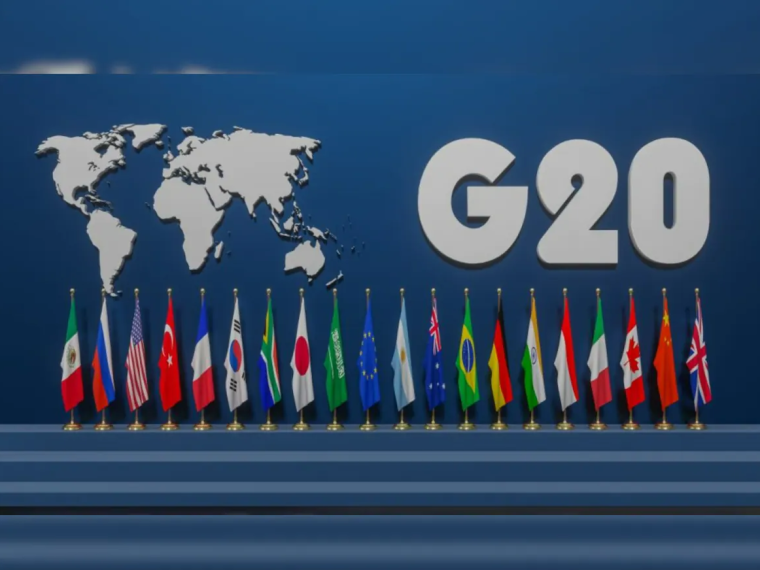
The surge in the popularity of digital assets led the crypto sector to become a multi-trillion-dollar industry. While the sector suffered a massive price drop over the last year, that doesn’t change the fact that cryptocurrencies remain extremely popular around the world. They, as well as their underlying technology, are seeing a growing adoption rate all over the world, which is why the G20 member countries decided to use the opportunity and create a cryptocurrency policy consensus.
The first step toward regulating crypto globally
The idea of building a consensus that will then likely be used to inform the global crypto sector regulation was just revealed recently. According to Ajay Seth, India’s federal economic affairs secretary, the policy consensus will have an implication for the economy and monetary system. In addition, it will attempt to look into possible role or roles that the digital currency industry could play in the traditional banking sector.
Crypto in banking is nothing new — many of the central banks are already working on creating Central Bank Digital Currencies (CBDCs), which are their own centralized cryptos backed by fiat or other real-world assets. Apart from that, Ripple and its XRP have been collaborating with banks around the world for years now, allowing for instant international transfers using Ripple’s technology.
However, it all remains unregulated, as different countries came up with their own ideas on how to define crypto, how to tax it, and what rules should be in place for it. The G20 idea is to make the laws more universal by setting up a regulatory plan in the form of a cryptocurrency policy agreement that all member countries, and possibly others, would be able to agree on.
Why now?
G20 itself is an intergovernmental forum that consists of 19 major economies and the European Union. Right now, India is holding the presidency, which is why it is likely to dominate in defining the global regulations for digital currencies. If the policy consensus can be reached, it will allow different jurisdictions to establish a regulatory framework, which is highly necessary, and both institutional and retail investors have spent years hoping to see something like this emerge.
The move came after the collapse of FTX, one of the world’s largest crypto exchanges, which filed for bankruptcy on November 11th of this year. The collapse also led to criminal charges against the exchange’s now-former CEO, Sam Bankman-Fried. Following the collapse, there were numerous allegations of fraud, which led to an even greater need to regulate the sector.
So far, India has attempted to create local cryptocurrency regulations on its own, but many in the industry have criticized it and called it crippling for the industry and its entities. Even the country’s central bank, the RBI, was accused of trying to kill the sector after releasing its concept note on crypto taxes and what CBDCs should look like.
Now, with other nations joining in on the decision-making, the upcoming policy agreement might end up being a bit more balanced. In the end, all that the industry participants want is a framework that would set up firm rules without hindering innovation, development, and growth.
Related
- How to Trade Cryptocurrency – A Beginner’s Guide
- This Country is Now the Top Cryptocurrency Market in Europe
Dash 2 Trade - New Gate.io Listing

- Also Listed on Bitmart, Changelly, LBank, Uniswap
- Collaborative Trading Platform Token
- Featured in Bitcoinist, Cointelegraph
- Solid Proof Audited, CoinSniper KYC Verified
- Trading Community of 70,000+ Members
